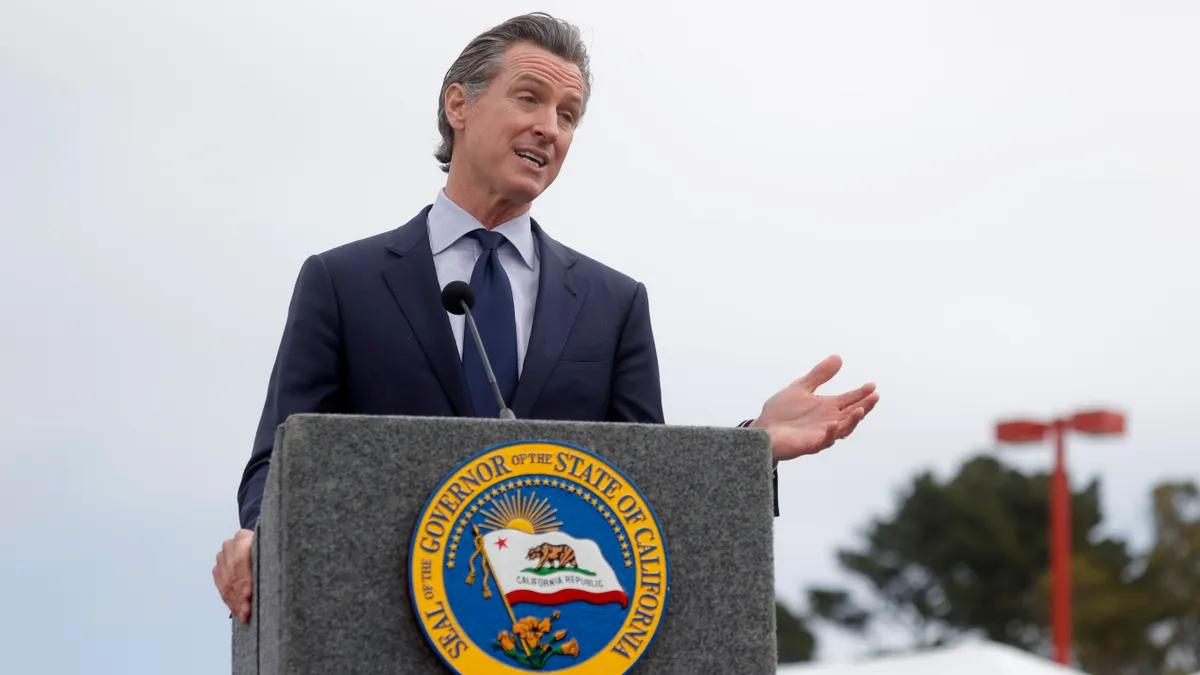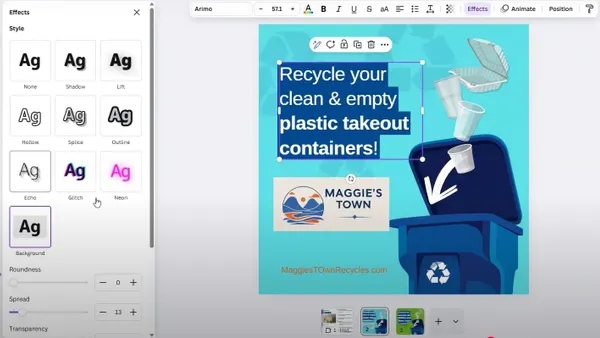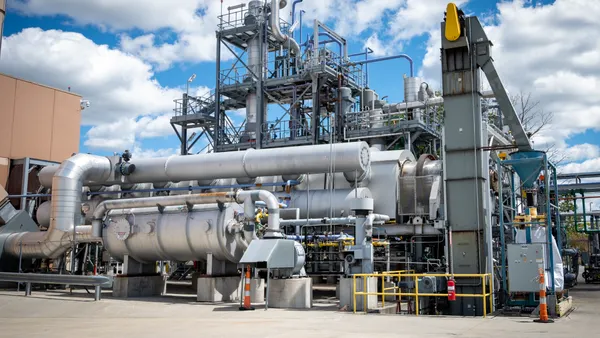California’s rulemaking process for its extended producer responsibility for packaging law is underway.
CalRecycle released proposed regulations for SB 54 on Friday. The law set a 2032 deadline across the state for making all single-use packaging and plastic food ware recyclable or compostable, recycling at least 65% of single-use plastic packaging and food ware and selling 25% less single-use plastic packaging and food ware.
The agency estimates as many as 13,615 producers would be affected by SB 54 regulations. Producers must pay $500 million per year beginning in 2027, to total $5 billion over 10 years.
The proposed text discusses areas such as covered material evaluations, responsible end markets, program budget and enforcement oversight. It covers requirements pertaining to: various producers, the producer responsibility plan, data reporting, local jurisdictions, recycling service providers and the advisory board. It also details certain opportunities for exemptions.
California is one of four U.S. states taking key steps to implement EPR for packaging programs this year after passing laws in 2021 and 2022. The public comment period for Maine’s draft EPR rules is open through March 18.
California recently selected Circular Action Alliance, a group comprising major brands and retailers, as its producer responsibility organization. CAA is also the single PRO in Colorado, serves on Maryland’s State Producer Responsibility Advisory Council and has said it aims to be a part of Oregon’s EPR program, which allows for multiple PROs.
CalRecycle previously shared a list detailing material categories covered by SB 54.
CalRecycle also this year began meetings of the SB 54 advisory board, whose membership includes representation from CAA, Atlantic Packaging, General Mills and other groups. Its next meeting is scheduled for April 12.
The public comment period for the SB 54 draft regulations will run until April 23, when CalRecycle will host a public hearing.
“California is leading the way to hold producers responsible, drive sustainable innovation and green jobs, and support the most impacted communities. We have to act now, with urgency, to give our kids a future without plastic pollution,” Gov. Gavin Newsom said in a statement Friday. Newsom signed the law in 2022.
Interested in more packaging news? Sign up for Packaging Dive’s newsletter today.












